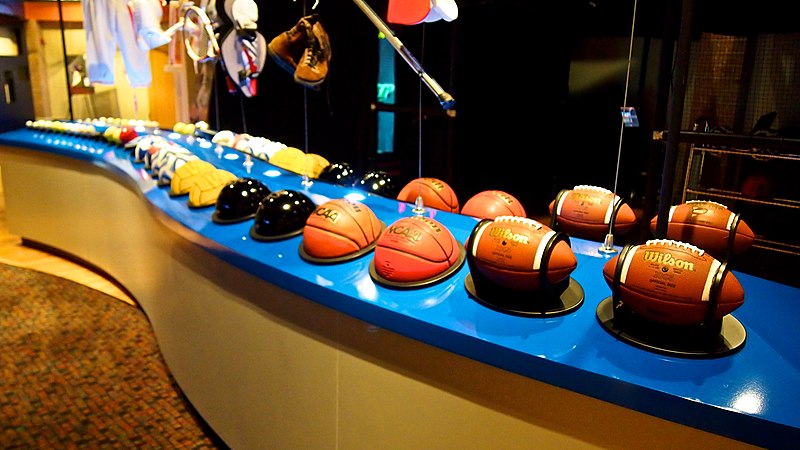
May 13, 2022
By Curry Sexton and Greg Whiston
Effective July 1, 2021, a NCAA policy change that permitted student-athletes to receive compensation for their names, images, and likenesses (“NIL”), subject to few exceptions, induced a seismic shift in intercollegiate athletics. Over the last 10+ months, we have observed a wide range of NIL activity. One of the most prevalent NIL activities has been the formation and involvement of institution-related “collectives.” These collectives are generally created by prominent alumni and/or boosters of a particular institution, and they seek to generate NIL deals and dollars for student-athletes at the institution. However, some of these collectives (and individual boosters) have elected to go down a path that arguably violates NCAA policy: using the collective or influence as a booster in an effort to persuade recruits.
As a result of this activity, on Monday, May 9, the NCAA Division I Board of Directors issued guidance to clarify that boosters, which arguably includes institution-related NIL collectives, should not have any contract with prospective student-athletes, their family members, or their representatives. Although this guidance does not exactly present a rule change, as recruiting inducements have always been prohibited, the announcement comes on the heels of a plethora of activity that caused some concern that boosters and NIL collectives are offering money and/or incentives for prospective student-athletes to enroll at a particular school. This leads many to believe that the NCAA may attempt to crack down on such violations.
For instance, Nijel Pack, a former Guard on the Kansas State Men’s Basketball team, entered the transfer portal before ultimately committing to play at the University of Miami. Immediately after he announced his commitment, it was announced that the company of a prominent Miami booster, LifeWallet, committed to pay Pack $800,000 over two years and provide him with a vehicle. This sparked an animated reaction and caused many people to conclude that LifeWallet’s generous NIL offer is what ultimately induced Pack to commit to the U.
This is an example of the activity the NCAA may attempt to prohibit through enforcement of its policies. “While the NCAA may pursue the most outrageous violations that were clearly contrary to the interim policy adopted last summer, our focus is on the future,” board chair and University of Georgia president Jere Morehead said. “The new guidance establishes a common set of expectations for the Division I institutions moving forward, and the board expects all Division I institutions to follow our recruiting rules and operate within these reasonable expectations.”
It remains unclear what, if any, impact this announcement will have on the NIL landscape, but it does make clear that the NCAA is aware that boundaries are being pushed and that some deals/concepts may be violating its policy.
We will continue to track any developments related to this announcement and in the NIL space generally. If you, your institution, or your conference have questions or need assistance navigating NIL, please contact us to learn more about the NIL support services offered through Seigfreid Bingham’s Empower U program.
This article is general in nature and does not constitute legal advice. The authors of this article, Curry Sexton and Greg Whiston , are members of Seigfreid Bingham’s Sports and Entertainment Group and routinely represent clients in collegiate athletics. If you or your organization have questions about the impact of the NCAA’s most recent announcement, please contact either author at 816-421-4460.
Image licensed under the Creative Commons Attribution-Share Alike 2.0 Generic license by Geoff Livingston.
